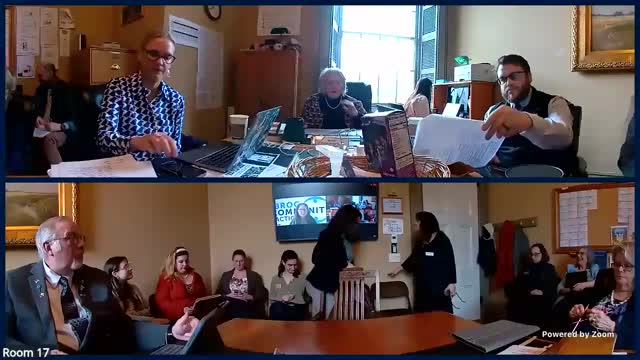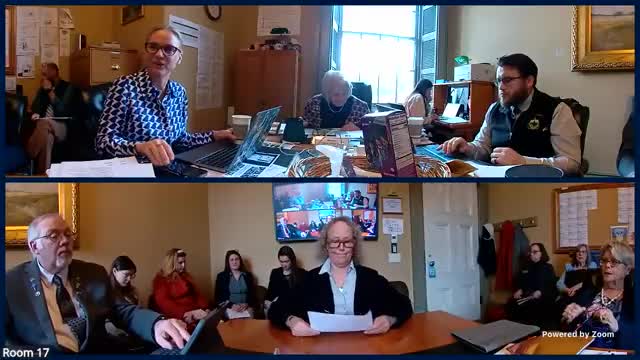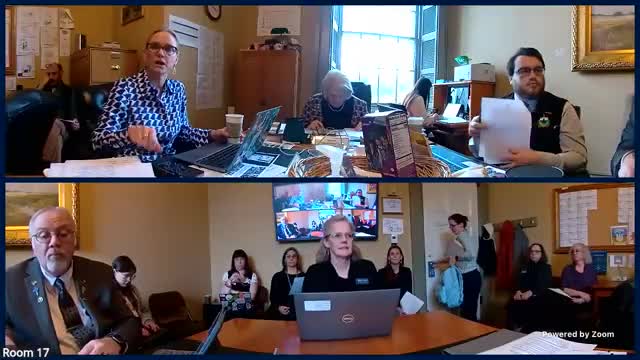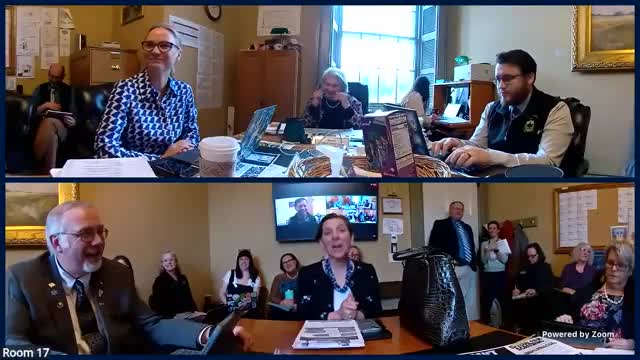Article not found
This article is no longer available. But don't worry—we've gathered other articles that discuss the same topic.

Nutrition and food-security groups seek state support for CACFP, Meals on Wheels and farmer-market programs

Shelter and housing groups ask Senate for targeted homelessness and housing operating funds

Long-term care providers urge rate increases, ask to include home-based services in FY26 budget

